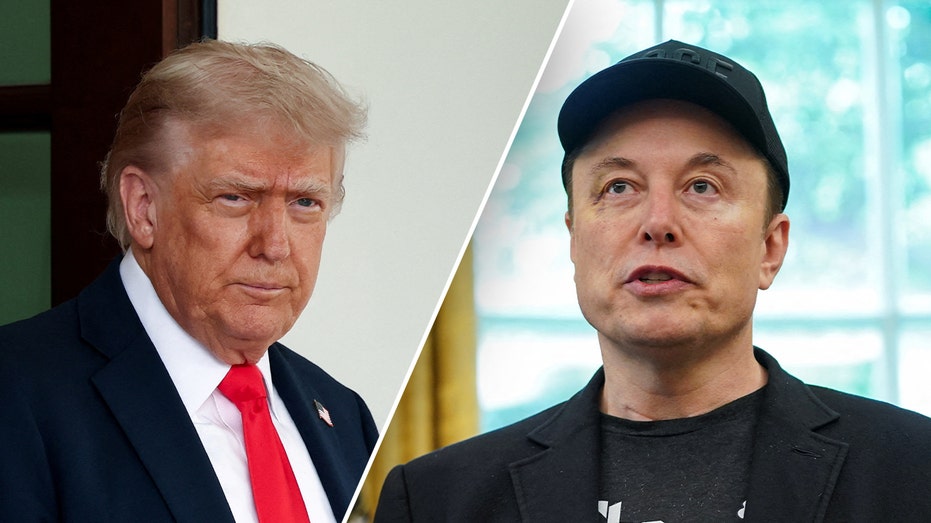House Budget Chairman Clarifies Absence of 'Pork' in Trump Tax Legislation Amid Elon Musk Criticism
House Budget Chairman Jodey Arrington clarifies why "pork barreling" is avoided during the reconciliation process to ensure fiscal integrity.

The ongoing debate over President Donald Trump’s recently passed budget reconciliation bill intensified this week as House Budget Committee Chairman Jodey Arrington, R-Texas, forcefully rebutted billionaire Elon Musk’s claims that the legislation is overflowing with “pork barrel spending.” According to Arrington, the nature of the reconciliation process itself makes the inclusion of such discretionary spending virtually impossible.
“Reconciliation does not have anything to do with discretionary spending — earmarks, and all of that,” Arrington stated, pushing back on assertions that the bill includes unnecessary or localized expenditures. He emphasized that issues related to so-called “pork” are almost exclusively found in the annual appropriations bills, which handle discretionary funds, rather than in reconciliation measures that focus on mandatory federal spending.
Discretionary spending—the portion of the budget Congress allocates each year through spending bills—has historically been associated with “pork barrel spending,” a term that denotes funding for lawmakers’ pet projects. However, the current reconciliation bill is focused squarely on mandatory outlays tied to entitlement programs, healthcare, welfare, and reforms to the tax code.
Arrington underscored, “We did a responsible bill. There’s no pork in it. The question… was, whatever we’re doing on tax or security to unleash growth and to buy greater security for the American people, we wanted it to be done in a fiscally responsible way.” That position was echoed by senior White House advisor Stephen Miller, who claimed on social media that the legislation is not a spending bill but rather “the campaign agenda codified.”
The sweeping legislation, described as a centerpiece of the Trump administration’s fiscal policy, primarily extends former President Trump’s 2017 Tax Cuts and Jobs Act, while rolling out new initiatives such as eliminating taxes on tips and overtime wages. The proposal also includes approximately $4 trillion in provisions related to the federal debt limit and seeks billions of dollars in new funding for border security and ICE operations.
To offset some of these costs, Republican leaders are pushing for tighter work requirements for Medicaid and food stamp recipients, alongside efforts to shift more financial responsibility for these programs to individual states. The bill also targets environmental policies, aiming to roll back green energy tax credits introduced in President Biden’s Inflation Reduction Act.
Despite these measures, critics like Musk and other fiscal conservatives argue that the bill fails to deliver sufficiently aggressive spending cuts. Their primary concerns center on the projected impact on the national debt, which is currently approaching $37 trillion. Musk has advocated on social media for both the elimination of the tax cut provisions and for removing the debt ceiling increase from the bill, aligning himself with calls by Senator Rand Paul, R-Ky., to strip the debt limit provision altogether.
According to nonpartisan analysts, the Congressional Budget Office estimates that the legislation would slash taxes by a staggering $3.7 trillion, while projecting an increase in federal deficits totaling $2.4 trillion over the next decade. As debate continues within both the House and the Senate, the future of the bill and its ultimate impact on America’s fiscal standing remain under intense scrutiny.




